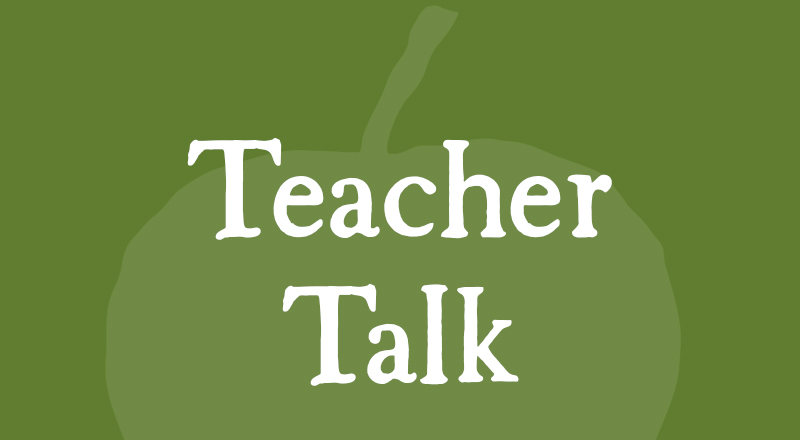Teacher Talk: Future Earth and science in the kitchen garden

Future Earth, the theme for National Science Week 2017, focuses on sustainability in Australia. This theme involves teaching children about environmental responsibility and showing respect for the environment.
A kitchen garden program – with its focus on growing, harvesting, preparing and sharing fresh, seasonal food – can support both the sustainability cross-curriculum priority and the Australian Curriculum requirements of the following sub-strands in science:
- biological sciences
- chemical sciences
- earth and space sciences
- physical sciences.
Here are some teaching ideas spanning Years F–10 that link the kitchen garden, sustainability and the science learning area.
Years F–2
- In the garden, students combine classroom learning and hands-on practical experience to explore the needs of plants such as herbs, vegetables and fruit. They learn how to care for the plants, and what to do for their garden to flourish.
- Educators can take the study of plants one step further. Explore the common features of plants, including leaves and roots, and discuss their similarities and differences. Encourage students to investigate what parts of plants are used for food.
- A key kitchen garden activity is for students to grow plants in greenhouses or directly into the garden – either from seed, or seedlings – to learn how to grow fresh produce. Students can record data relating to how resources are used (for example, water) and use this data to learn about, and practise, the careful use of water.
These activities relate to curriculum codes ACSSU002, ACSSU017, ACSSU030 and ACSSU032.
Years 3–6
- Students can investigate the sun as a source of light and energy, the rotation of the earth and seasonal cycles – and bring these observations to a practical purpose in the kitchen and garden. They can build a sundial in the garden or use seasonal ingredients in a recipe in the kitchen.
- Garden activities help students learn about the importance of soil, including testing soil to ensure good conditions for growth, and replenishing the soil via composting and mulching.
- Students also learn about ecological problems (for example, pests) and recycling via reuse of materials and resources (for example, rainwater) in the garden.
These types of activities relate to curriculum codes ACSSU048, ACSSU072 and ACSSU075.
Years 7 and 8
- Students get out in the garden and undertake field workto identify and classify plants using both common and scientific names. They collect information on optimum conditions – temperature, moisture, salinity – for growth for the plants in the garden, using observation: which fruits, vegetables and herbs are doing well, and why?
- Students can then set up a ‘plant research laboratory’ in which they research and test their assumptions or explore other methods of plant cultivation, such as hydroponics.
These activities relate to curriculum codes ACSSU111 and ACSIS125.
Year 10
- Students design, create and build experimental mini-greenhouses or plastic bottle greenhouses to experience growing conditions firsthand. As part of the examination of how greenhouses contribute to plant growth, students conduct an inquiry into global systems (e.g. the carbon cycle, climate cycles). An extension to this activity is to look into the effects of climate change and the long-term effects of loss of biodiversity.
- Students at this year level can also record data relating to plant growth and conditions. They can use spreadsheets, tables and graphs to analyse data and explore relationships between variables, for example the effect of rainfall on plant growth.
These activities relate to curriculum codes ACSSU189 and ACSIS203.
Happy teaching!

Steph Davies, Education Advisor
< Back to Latest News
